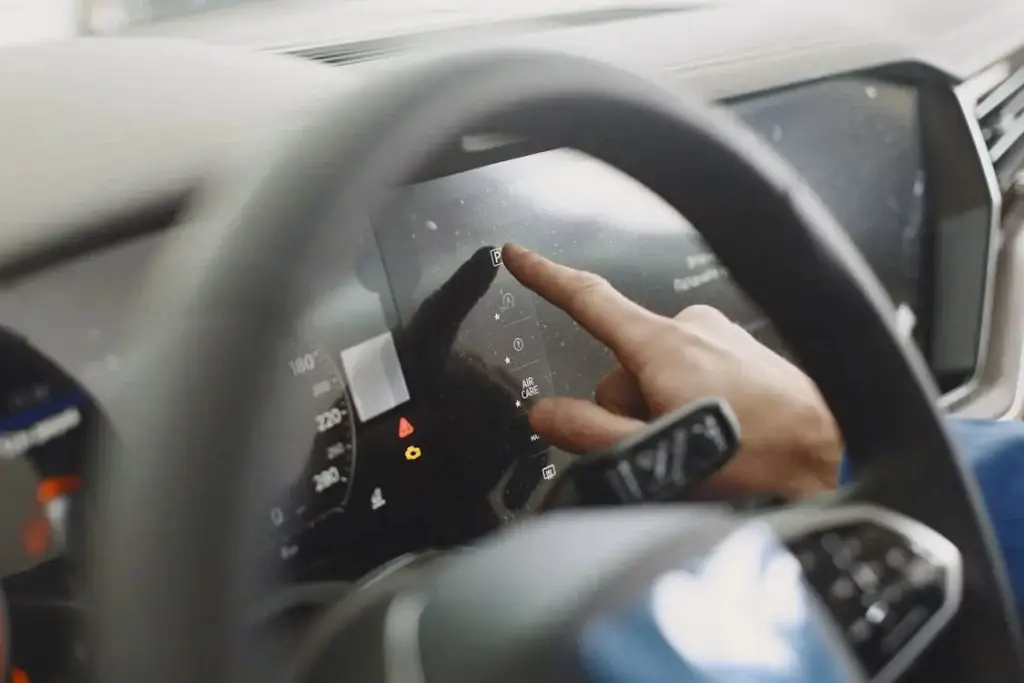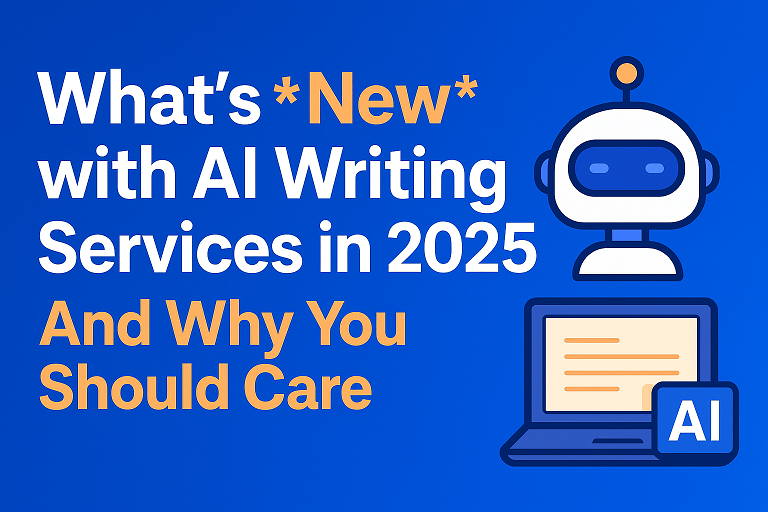The automotive industry is experiencing a tech-driven revolution, and artificial intelligence (AI) is leading the charge. From enhancing vehicle design to improving autonomous driving capabilities, AI is reshaping the way vehicles are developed, manufactured, and experienced. Here’s a breakdown of the latest AI-driven innovations in the automotive world for 2024.
#### 1. **The Rise of Software-Defined Vehicles (SDVs)**
One of the biggest trends in 2024 is the shift toward **software-defined vehicles** (SDVs). These cars rely on software to control key functions, from digital cockpits to safety systems, allowing manufacturers to update and enhance vehicles after they hit the market via over-the-air (OTA) updates. This transition means that cars are evolving even after they’re sold, with AI playing a critical role in maintaining and upgrading their functionalities. Leading automakers like **BMW** are leveraging digital twins—virtual replicas of vehicles and manufacturing processes powered by AI—to optimize operations and streamline production.
#### 2. **Generative AI in Design and Marketing**
AI is also transforming the design and marketing sectors of the automotive industry. Automakers are using **generative AI** to create digital prototypes of vehicles, cutting down design time and improving innovation. This technology is even making its way into customer service, with companies like **Ford** implementing AI chatbots to assist customers and technicians with vehicle repairs. For instance, if a technician encounters an issue, an AI chatbot can provide step-by-step instructions for fixing the problem.
Moreover, AI is aiding in the development of personalized marketing campaigns by generating targeted content, improving customer engagement, and boosting brand loyalty.
#### 3. **Advancements in Autonomous Driving**
AI continues to push the boundaries of **autonomous driving**. The industry is shifting from AV 1.0 (based on basic object recognition) to **AV 2.0**, which relies on more advanced AI systems to interpret driving environments and make real-time decisions. Companies like **Wayve** and **Waabi** are at the forefront of developing AI that allows self-driving cars to handle complex, unpredictable situations safely.
These AI systems don’t just rely on automotive data but are trained on vast amounts of general data, giving them a broader understanding of the driving environment and improving their decision-making in unfamiliar scenarios. This shift is paving the way for safer and more reliable autonomous vehicles.
#### 4. **AI-Powered In-Car Assistants**
Another exciting development is the integration of **AI-powered voice assistants** in vehicles. Automakers such as **Mercedes-Benz** have introduced AI assistants, built using technologies like **ChatGPT**, to improve in-car experiences. These voice assistants are more responsive and capable of understanding context, enabling drivers to ask complex questions and get meaningful answers. This advancement not only enhances the driving experience but also promotes safer, hands-free interactions while on the road.
#### 5. **AI in Manufacturing: Digital Twins and Beyond**
Manufacturers are also using AI to optimize production processes. Digital twins, which create virtual models of real-world assets, allow automakers to simulate and optimize every aspect of production before it even begins. **BMW’s iFactory** is a prime example, where AI-driven digital twins help streamline factory operations and reduce errors during manufacturing.
In addition, AI helps in predictive maintenance, which improves operational efficiency by identifying potential issues before they disrupt production. This minimizes downtime and increases overall productivity, helping automakers deliver products faster and at lower costs.
Conclusion: AI is Driving the Future of Automotive Innovation
As AI continues to evolve, its applications in the automotive industry are expanding rapidly. From software-defined vehicles and autonomous driving to AI-driven customer service and manufacturing, 2024 is shaping up to be a transformative year for mobility. Companies that embrace these AI innovations are poised to gain a competitive edge, offering smarter, safer, and more efficient vehicles to meet the demands of the future.




